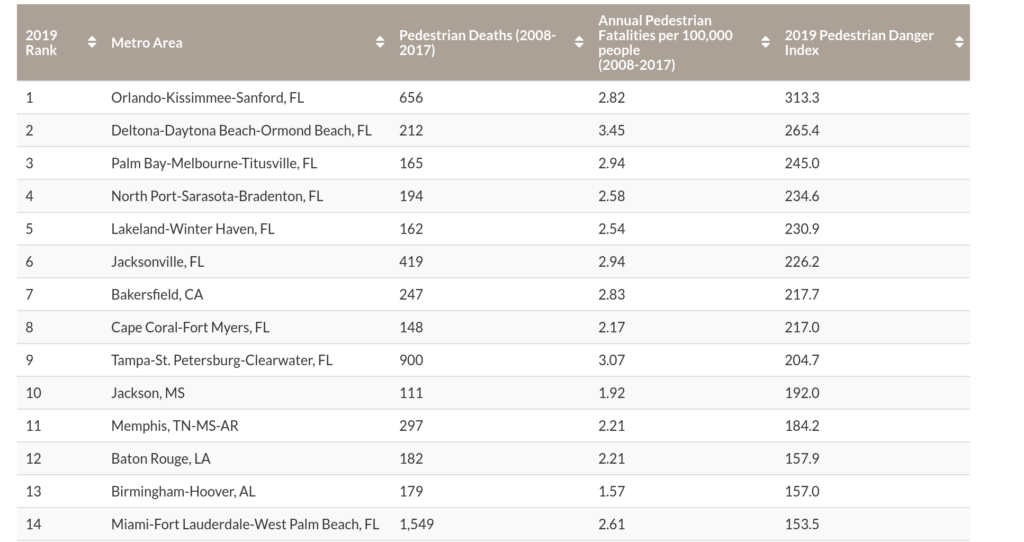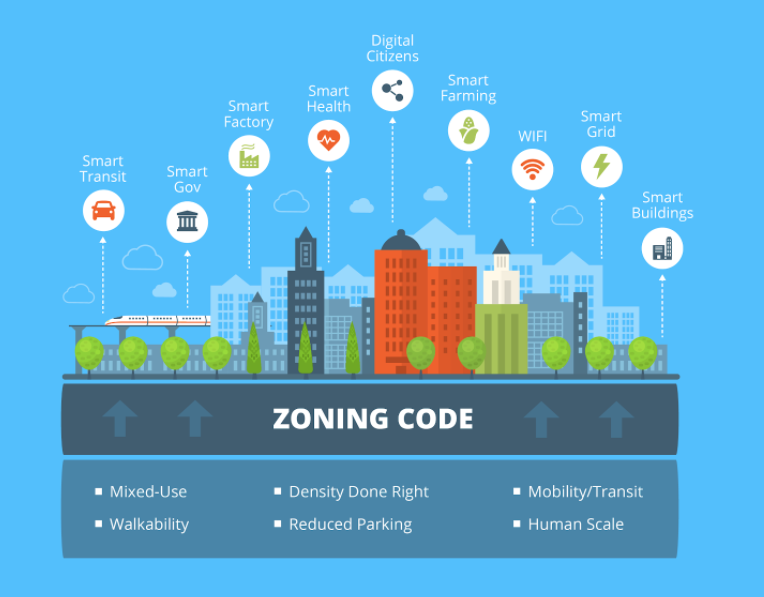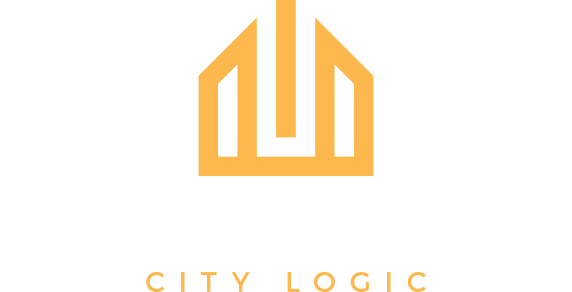
In the summer of 2000 I moved from Guatemala to Miami. I had just completed a two year stint in the Peace Corps and my parents had recently moved to Miami from New York. At the ripe age of 26, with no game plan, I moved to the 305 to figure out my next step. Two decades later, here I am, in the city I have grown to love.
There are many wonderful things about our young city. The mix of cultures and ideas is probably what keeps me and my family here. Miami has a good balance of both American, Latin American, Caribbean and European cultures. All cities are unique, but Miami has a certain flair that keeps many of us here and attracts people from all over the world. Miami is one of a kind and it is home.
There’s a lot to like about our city, but the one thing Miami lacks is leadership and it’s in times of crisis that our leaders show their true colors. Several weeks ago our leadership hit rock bottom when Mayor Carlos Gimenez, using the protests as an excuse, decided to shut down our transit system for an entire day on Sunday May 31, 2020. Without warning, the 40,000 people that depend on transit, on any given Sunday, were left out to dry. It’s important to note that no other major city in the US shut down their entire transit system for a day during the recent protests. Many cities reduced and/or rerouted service, but no other transit system in our country shut down.
Transit Alliance Miami put it perfectly in a letter addressed to Mayor Carlos Gimenez.
Dear Mayor Gimenez,
We understand and recognize that this is an incredibly challenging time for our community. However, a complete and total shutdown of a transit system in response to localized protests and violence is an unprecedented response. In a community as diverse as ours, a shutdown of this magnitude is not only counterproductive to many working families struggling with the effects of the pandemic – but it also unreasonably affects transit-dependent Black and Brown communities who are at the heart of our nationwide need to heal, and promote justice and solidarity.
All other major cities facing similar circumstances opted for responsive, localized transit service suspensions and temporary road closures in response to their evolving situation, and resumed their transit services today. It would be unprecedented to shut down the entire road network in response to the events of last night, yet that’s what we have done to our transit system – in a community with 90,000 households that do not own a vehicle and still need to buy their groceries, access medical services, and get to work on a Sunday.
36% of transit commuters in Miami are essential workers, who are more likely to work on Sunday. They and thousands of other transit commuters woke up today lucky to have a job, but stranded without service. Our community is hurting, and we are sending a clear message to struggling families – you can’t depend on transit to put food on your table, you need a car. Without it, you may be stranded by no fault of your own, and your livelihood will be at risk.
Businesses countywide are also reopening as part of the recovery and can’t do so without their workers. However, what will cause greater long-term damage, is that because of shutdowns like today, employers will continue to discriminate against those who do not have a vehicle, exacerbating long-term destructive trends for working families struggling to make ends meet.
Most importantly, 34% of transit commuters are Black, and 51% are Hispanic or Latino, with research demonstrating that they are more likely to be essential workers. A complete system shutdown deepens the racial and economic inequities that have contributed to the unjust reality that Black and Brown communities face today, by further isolating them from their fellow citizens and making their lives during this incredibly challenging time even harder.
We urge you to reinstate transit service, especially along major corridors and, as needed, consider temporary localized service suspensions instead of blanket shutdowns, which may be equally effective at preventing further violence but avoid the collateral damage against the working families of our County.
Thank you for your consideration and attention.
Sincerely,
Transit Alliance Miami
Even if you don’t use public transit (I rarely do) we should all be outraged. With so many people struggling, it’s unfathomable, that our leadership can defend such a decision. Imagine finishing a graveyard shift, you’re already exhausted and struggling to make ends meet and now you have to pay for a $20 Uber to get home?
To add insult to injury, Mayor Gimenez has done nothing to improve our transit and mobility options during our Covid-19 crisis. Other than reducing transit service, Miami Dade County Transit has yet to close any travel lanes or streets to accommodate cyclists, pedestrians and struggling restaurants. Meanwhile, there are dozens upon dozens of cities across the world that have taken the initiative to make cycling a mobility priority and they have created temporary protected bike lanes to encourage cycling and to provide another alternative to transit.
Here’s CBS4’s Jim DeFede interviewing Mayor Carlos Gimenez about the transit shutdown. Roll the tape… this interview speaks volumes about our Mayor’s character. There simply wasn’t a justifiable reason to shut down an entire transit system for an entire day. Full stop.
During his twelve years as Miami Dade County Mayor, Mr. Gimenez’s administration has failed at every level when it comes to transit and mobility in our county. His administration has very little to show for with regards to investing in transit. Pandering to special interests he pushed hard for a $1 billion 836 extension through wetlands in western Miami-Dade, but thankfully a judge recently ruled against citing “meager” traffic improvements.
His greatest transit achievement so far was to hand over $76 million to Brightline, a privately-owned passenger rail company, to build a station in Aventura. Not satisfied with this handout, Miami Dade County Commissioners are considering giving Brightline an additional $350 million to build 5 additional train stations in Wynwood, the Design District, 79th Street, North Miami and the Biscayne Bay campus of Florida International University. In addition, the county would have to pay yearly rent on company tracks starting at $29 million.
You will probably not find a stronger supporter for mass transit then myself, however giving a private company tax-payer dollars, without stipulating beforehand the cost of fares, schedules and integration with the current MDC Metrocard fare system, seems like the minimum bar for negotiation. It doesn’t appear that Miami Dade County has an agreement from Brightline that stipulates any of this so far. How is this possible?
When it comes to other mobility options Miami Dade County leadership has also neglected to provide safer infrastructure for pedestrians and cyclists. According to Smart Growth America, Miami Dade County is the 14th most dangerous metropolitan area in the US for cyclists and pedestrians. Leadership at Miami Dade County and the State of Florida (Governor & Florida Department of Transportation) are to blame since they own, design, and control most of MDC’s roads. At the state level transit policy is even more embarrassing when it comes to the safety of pedestrians and cyclists. Florida is the deadliest state in the country for those of us humans that choose to walk or bike in beautiful Florida. We have the Florida Department of Transportation to thank for this grim statistic. It’s still too early to tell if Governor DeSantis will step-up to the plate and force some changes at FDOT. Fingers crossed. He inherited an FDOT with a culture that prioritizes the automobile rather than the safety of pedestrians and cyclists.

Leadership Matters
Miami is in desperate need of leadership. In my twenty years of living in Miami, the closest we’ve had to a visionary leader was former City of Miami Mayor Manny Diaz. (I won’t cut Manny Diaz any slack on the Marlins Stadium deal) We need leaders that are willing to challenge the status quo, do things differently and put the needs of our community first.
We need leaders that understand zoning and transit. Some of the most pressing issues we have in Miami are centered around housing affordability, transit and crime. It all starts with zoning. If your zoning sucks, your city will suffer. With proper zoning many of our growing pains can be more easily mitigated.

Under Manny Diaz’s leadership the City of Miami adopted a form-based zoning code that encourages mixed-uses, density, walkability, affordability and transit-use. Unincorporated Miami Dade County, as well as the other 33 incorporated cities in MDC should consider a form-based code for their respective municipalities. Here is why: A zoning ordinance provides the rules that developers are allowed to play by in order to build our cities. Zoning and transit go hand-in-hand. If we, as a region, cannot get our zoning right, we will never get the development we want that is necessary to support a world class public transit system. In other words, we won’t be able to build a thriving and growing South Florida metropolis for future generations if we don’t get serious about zoning and transit. It’s that simple, however this is not an easy task, but that doesn’t mean we shouldn’t try. In order to do so, we need to elect an enlightened Miami Dade County mayor that would be willing to put our community first and work with the following stakeholders:
- The 103 cities & 3 counties that make up South Florida (not including Monroe County)
- 3 county transit agencies (Miami-Dade Transit, Broward Transit and Palm Tran)
- 5 agencies that control South Florida roads (Miami Dade County , Broward County, Palm Beach County, FDOT and MDX),
- South Florida Regional Transit Agency (Controls Tri-Rail)
- Brightline (private commuter rail on the FECR line)
So far these are the candidates we have running for Miami Dade County Mayor for the election being held in November 2020. Please choose wisely.
- Monique Nicole Barley, businesswoman and daughter of former State Representative Roy Hardemon
- Esteban Bovo, Miami-Dade County commissioner
- Robert Ingram Burke, candidate for mayor of Miami in 2017
- Daniella Levine Cava, Miami-Dade County commissioner
- Ludmilla Domond, real estate agent
- Alex Penelas, former Mayor of Miami-Dade County
- Xavier Suarez, Miami-Dade County commissioner and former mayor of Miami
